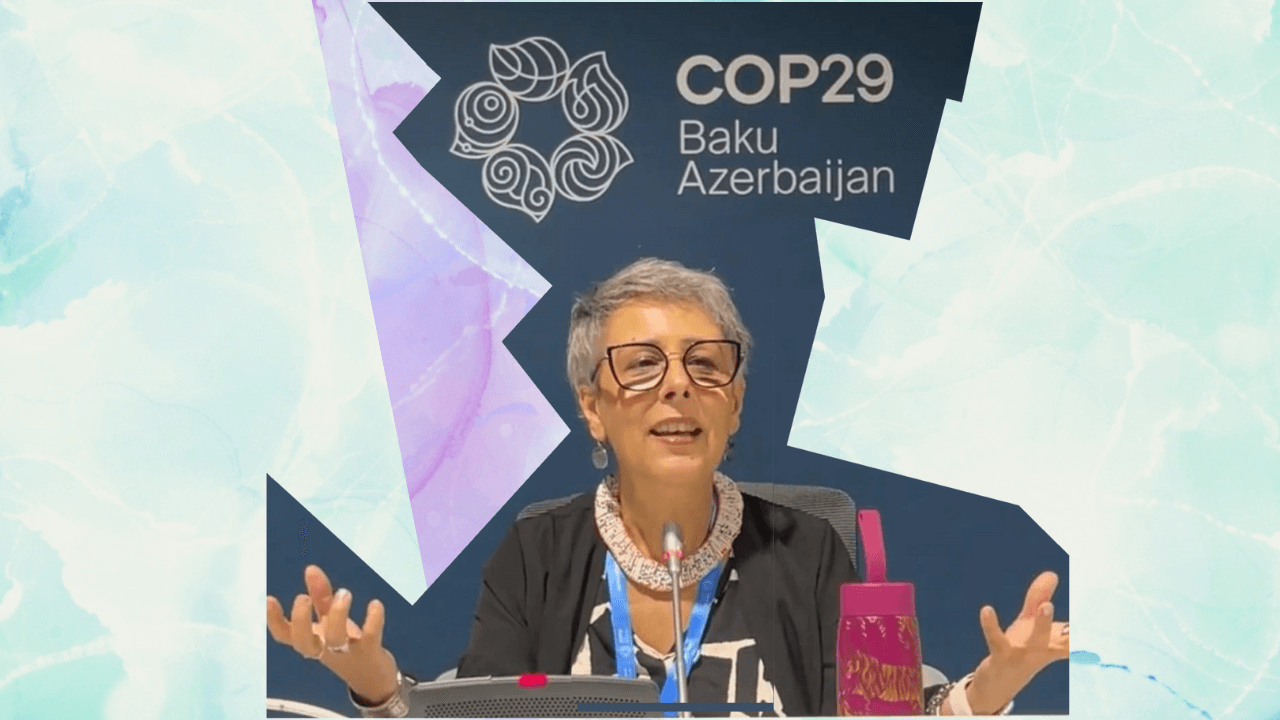While the language of agroecology has gained traction in global grant spaces, the resources often fail to reach those who are actually cultivating its principles: Indigenous communities, peasant farmers, women, and youth.
Funding mechanisms are frequently misaligned with the realities of land-based movements – offering short-term support, complex reporting requirements, and top-down priorities that bypass local leadership and knowledge.
But what if the future of agroecology depends on how we fund it — not just what we fund? The six funds below — all members of the Alianza Socioambiental Fondos del Sur (Socio-Environmental Funds of the Global South) — represent a different approach.
Based across Latin America and Asia, these six locally-rooted funding structures work closely with grassroots groups advancing agroecology as both a practice and a path to territorial autonomy.
Each fund brings territorial legitimacy, and each offers a different angle on how to move resources, whether through feminist practices, youth and Indigenous leadership, or long-term support built on trust.
Argentina: Gender as a strategy for change
In Argentina, the Socio-Environmental Fund Plurales adopts a feminist approach to climate and territorial defence, prioritizing gender justice in its funding decisions.
The fund provides flexible seed grants and technical and political support to grassroots groups and networks facing the expansion of extractivism in their territories and commons. Through its call for "Fair Climate Solutions with a Gender Perspective", Plurales supports organizations such as the Union of Land Workers, integrating 25,000 food-producing families across Argentina that that resist agribusiness through agroecological practices.
To ensure this leadership is reflected in practice, Plurales requires women to lead in all proposals — even in mixed groups.
Brazil: Funding what’s invisible
In Brazil, the Institute Society, Population and Nature defies traditional funding logic by choosing to support what philanthropy often overlooks: grassroots efforts rooted in marginalized territories. Through the Ecos Fund, which has already held more than forty calls for proposals, ISPN funds Indigenous Peoples, traditional communities, and family farmers across the Cerrado, Amazonia, and Caatinga biomes.
Its open calls are tailored to the realities of quilombola and other local communities, strengthening social movements and local production chains. ISPN’s values-based practice recognizes that these groups are the true protagonists of solutions to today’s socio-environmental challenges and works to influence public policy so it better supports their ways of life.
From the Sertão do Pajeú, where women lead collective gardens and agroecological cotton harvests, to settlements near Brasília restoring the Cerrado biome through sustainable practices, ISPN digs in – funding intercropped fields, local seed varieties, and market systems that grow from and for the land.
Nicaragua: Networks that scale roots
Fondo Tierra Viva operates through a quiet yet powerful strategy: funding agroecology not from the top down but through horizontal, community-led networks. One example is its long-standing collaboration with GPAE (Grupo de Promoción de la Agricultura Ecológica), a representative of the regional MAELA movement in Nicaragua.
Decisions within GPAE are made through national and territorial councils and working commissions, ensuring participatory, collective leadership and alignment with the network’s strategic plans.
Beyond funding, Tierra Viva’s values-based approach centers on mobilizing not only resources but also awareness and dignity. Its support empowers grassroots groups through training, peer learning, collective reflection, and shared action — strengthening women-led agroecology, seed preservation, water and soil restoration, and community sovereignty.
For nearly a decade, Fondo Tierra Viva has nurtured this connective tissue of agroecology in Central America, helping networks scale resilience and deepen food sovereignty from the ground up.
Bolivia: Indigenous youth at the center
While many global donors now seek to support nature-based solutions, Semilla Socio-Environmental Fund does something simpler and more radical: it trusts Indigenous youth to lead them.
In the Bolivian community of Salinas, Semilla supported a project in which young Chiquitano leaders organized 15 families to build home gardens fed by rainwater harvesting systems. Small, vibrant plots combine local crops, medicinal herbs, and fruit trees, using organic fertilizers and natural repellents to protect biodiversity. The project is embedded in traditional knowledge, cooperative life, and ecological harmony.
Beyond its flexible grants, Semilla amplifies its political commitment by actively championing the #ShiftThePower movement and signing its manifesto — strengthening a collective call for communities to lead their own solutions and reclaim decision-making power.
Southeast Asia: Sustained support for traditional practices
Samdhana Institute works across Southeast Asia to support Indigenous Peoples and local communities in maintaining and strengthening traditional, land-based practices, including agroecology. Its approach — grounded in trust and long-term relationships — combines grants, capacity development, a lifespace approach, and policy advocacy to reinforce community self-determination and resilience.
This commitment enables the support of systems such as aleatn — the Dayak tribe's traditional model of mutual aid in Indonesia for agricultural and everyday tasks — and youth-led efforts to turn idle land into productive agroecological gardens. In addition to sustaining ancestral practices, Samdhana invests in agroecology networks, from seed conservation with Indigenous communities in the Philippines to regional initiatives in Laos, Vietnam, and Thailand.
Asia: Restoration through forest livelihoods
Through NTFP-EP Asia, the Pastor Rice Small Grants Fund (PRSGF) channels resources directly to Indigenous women, youth, and community groups leading restoration and agroforestry efforts in Asia’s forested regions.
Beyond grants, PRSGF also supports community strengthening through learning exchanges, community visits, and protection for women environmental human rights defenders.
Its grantmaking is rooted in traditional knowledge and guided by a strong commitment to locally-led, gender-just climate action – using participatory methods such as forest walks (panglauy) for monitoring and knowledge exchange, and sacred forest protection (pina or patagonan), Indigenous practices of the Higaunon in the Philippines.

These are not isolated stories. Together, these funds represent an emergent funding architecture rooted in the Global South. As members of Alianza Socioambiental Fondos del Sur, they are building a shared ecosystem of support — one that redistributes power, centers community leadership, and redefines what it means to fund from the ground up.
These funds are shifting the terms of the conversation and occupying political space in global philanthropic debates. They are challenging who gets to decide, who defines "impact," and how funding for agroecology is designed, delivered, and evaluated.
Agroecology cannot thrive under the same extractive logic it seeks to replace. It requires funding ecosystems that are locally anchored, politically aware, and strategically connected — not just better projects but better infrastructure.
Paula Tanscheit is the Communications Manager at Alianza Socioambiental Fondos del Sur.

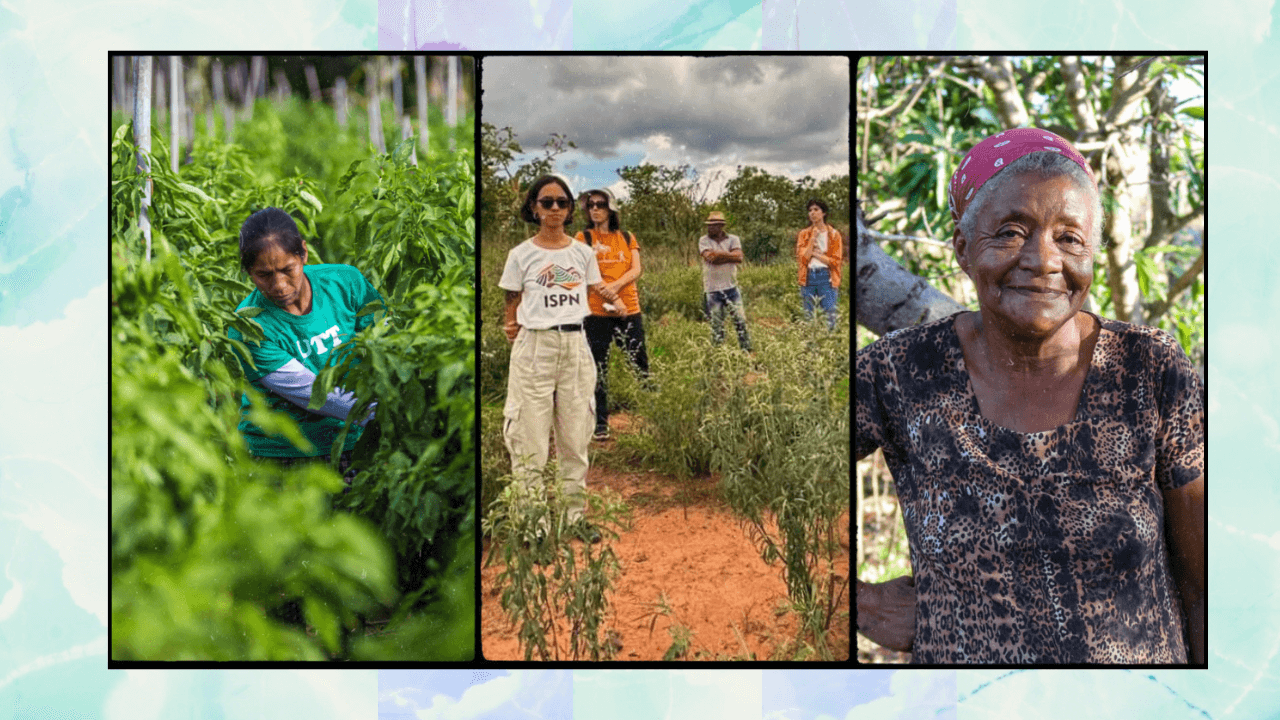

%20(1280%20x%20720%20px)%20(44)%20(1).png)
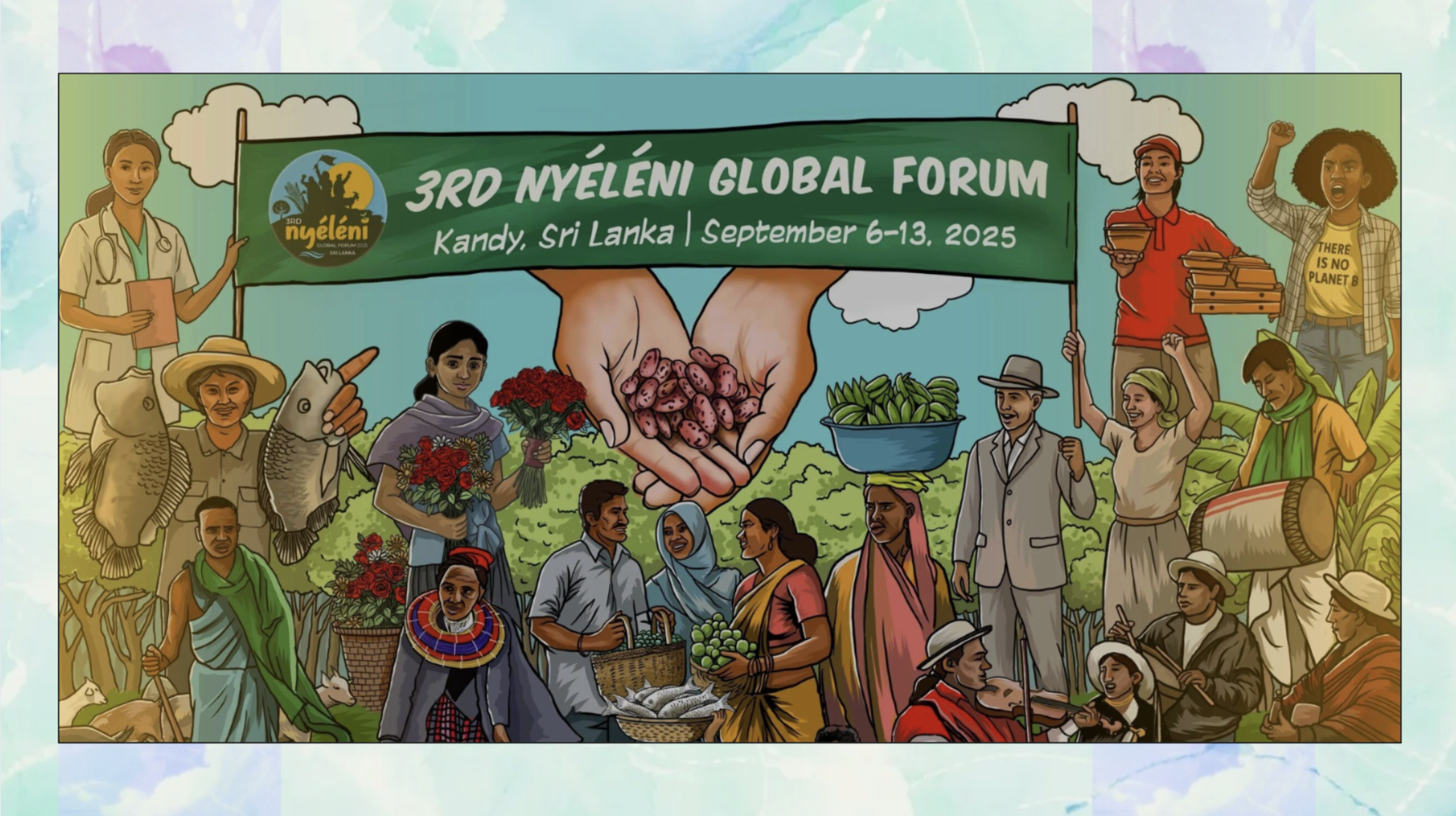

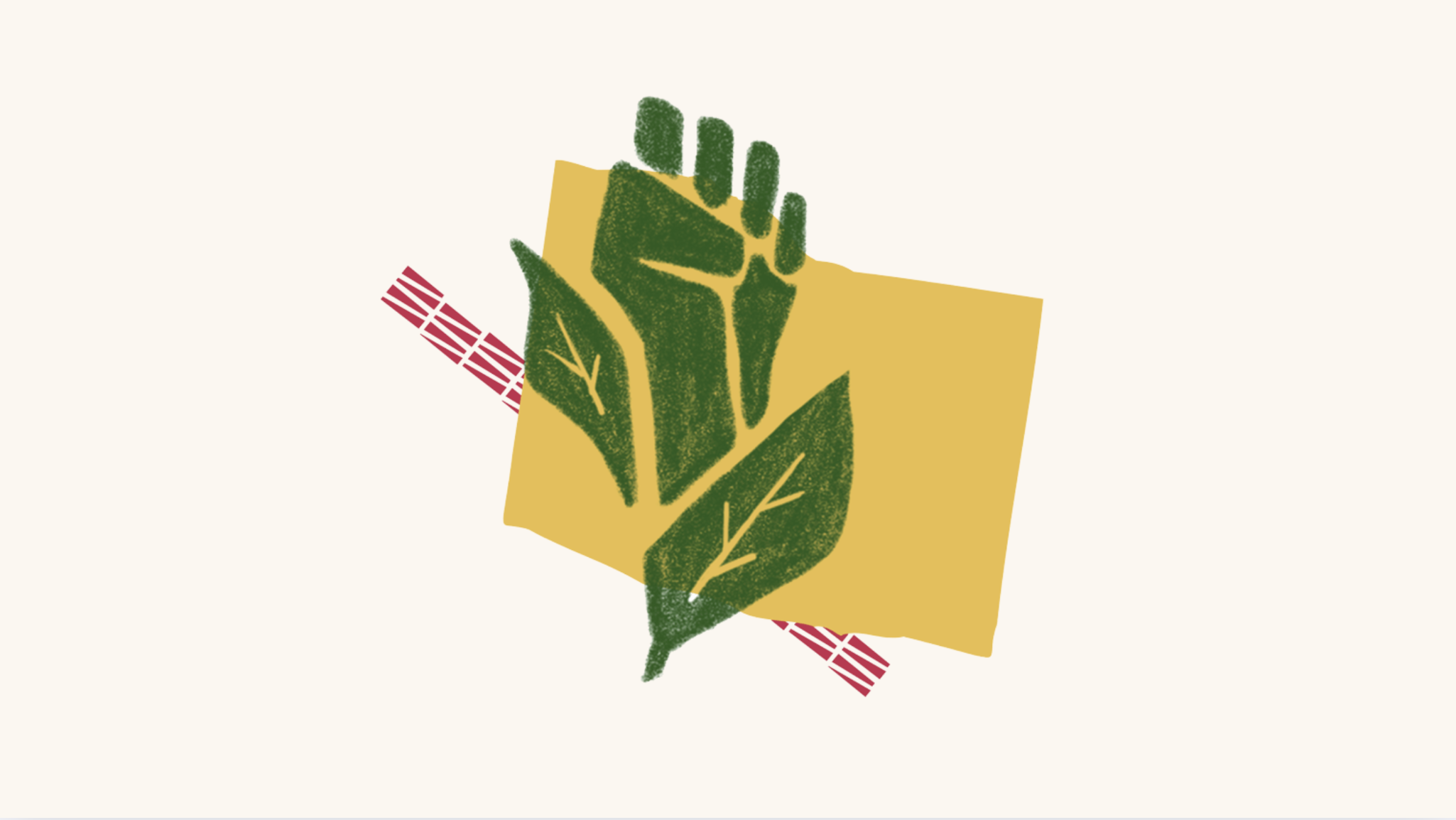

.webp)
%20(1280%20x%20720%20px)%20(37).png)
.webp)
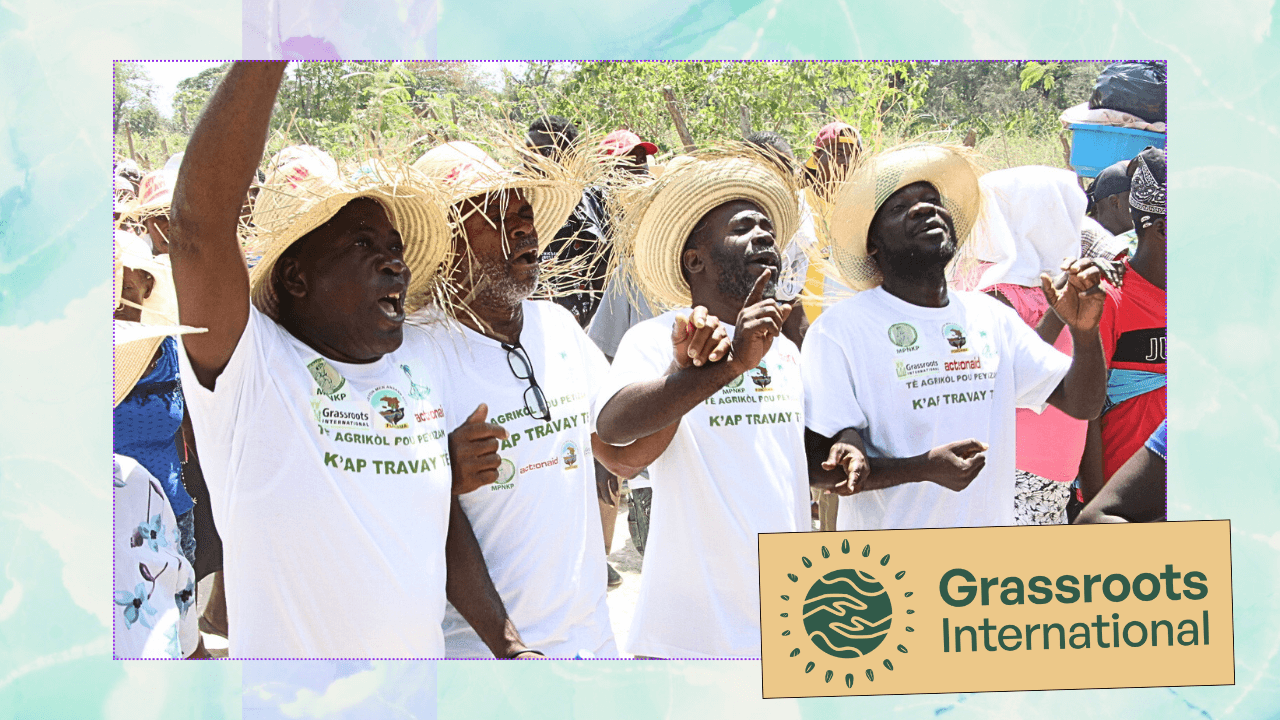
%20(1280%20x%20720%20px)%20(34).webp)
